Top Guide: The Diaspora Affairs Office is an indication of the government’s intention to include Ghanaians/Africans in the diaspora in it’s development plans. In what ways is the office helping to harness the skill, investment and advocacy of the diaspora community for Ghana’s growth and development?
AAA: Our duty is to do exactly that and we work very closely with the Ghana Investment Promotion Centre and other government agencies to get the message out that Ghana is ready to welcome those who have talent and expertise to come and add value. We have also done some seminars, notably the roadshows leading up to the Year of Return and the Diaspora Homecoming and Celebration Summit. We are hoping to adopt a much more structured approach when the database of skills, which we are working on with the National Identification Authority and the Ministry of Foreign Affairs and Regional Integration is completed. With this, we will be able to tell who is where, what skills they have and what they can help out with. This will encompass all sectors and skills, from sports and entertainment to science and technology. I think this will give real meaning to the government’s objective to integrate the diaspora fully in the development effort. There is however some frustration about the restrictions that we currently have that prevent the diaspora from serving at the highest levels of government, but we hope that there will soon be an amendment to those constitutional provisions so that we can reap the benefits of the full participation of our diaspora in Ghana’s national life.
TG: In 2021, Ghanaians in the diaspora sent over $4 billion back home, almost twice what the country earned from cocoa. Is the office considering avenues through which some of these funds could be channelled towards specific investment projects in the country?
AAA: Right now remittances are for private purposes but I think we have a big opportunity to channel them into other areas. Recently, we had some input from the German government, which has a programme called Widwu. It is basically about trying to see how remittances can be mobilised to support SMEs and also for SMEs to utilise that same route to access these funds. This is at an experimental stage currently but I believe it is something that we can work on in partnership with the German government. If successful, we can extend it to other areas to get more people registered and engaged with the opportunity
TG: Are there any successful examples of diaspora investments that you can think of so far?
AAA: I think there are several diaspora investments that have taken place over the years. We can go back all the way to Tetteh Quarshie when he returned to Ghana with cocoa. You could say that was an investment. But there are a lot more contemporary examples that we can point to. In education, for example, we have Ashesi University, which is of such high quality that you have people coming from outside the country to attend and through that, giving the country much-needed foreign exchange and brain gain. That is a big plus. There are many people also doing similarly amazing things, drawing on their networks and leveraging their financial capacity.
I should mention the growing presence of African-American communities in the country and their role in transforming industries such as tourism and hospitality with their energy and ideas.
Then we have those who are engaged in education, passing on their knowledge to the next generation of Ghanaians, which I see as an investment. Personally, I am very happy to see the President appoint so many people from the diaspora so they can help transform the country and change our narrative.
TG: One of the main aims of the government is to attract members of the black diaspora to come and invest, and even live in the country, offering citizenship, land and other incentives. Can you give us a brief overview of the role the diaspora office has been playing in this and your assessment of the successes so far?
AAA: One of the major areas of work is the citizenship drive that we have embarked on, working closely with the Ministry of Interior and the Ghana Immigration Service. We have made deliberate efforts to encourage people to take up Ghanaian citizenship. The first group that we focused on was those historically African people who were already living in Ghana and had been waiting to gain citizenship for years, in some cases. So we worked to expe- dite the process for them. Then we turned our attention to those who, having come from outside and having seen what we were doing, also wanted Ghana- ian citizenship.
What we are doing now is incorporating an investment drive into the process, making sure that those who are coming to invest are also able to get citizenship. If we want them to put their money into the country, it’s only fair to extend the same benefits and protections to them that are afforded under the law to any other Ghanaian, and that is what we are trying to make sure of.
TG: As the key agency for the government’s interface with the diaspora community, what are some of the challenges for the diaspora in their relations with their home country and how are you working to address them?
AAA: One of the major problems that people have when planning to resettle in Ghana is how to make sure that the social security contributions they have accrued in their host country are made available to them when they return home. This is a major concern that I believe we need to address with the greatest urgency. We have some people, for instance, who went to work in Italy and ended up losing all their benefits when they came back home. This is not something that we want to see happening.
So, I think we need to leverage our relationships with the host countries to make sure that our returning brothers and sisters, especially during retirement, do not lose all they have worked for during their time outside the country. We need to take some proactive measures to resolve the issue so that people will feel at ease when coming back home, knowing that there will be full access to the benefits accrued from their hard work and that the process is smooth and easily navigated.
TG: Your office has been developing a Diaspora Engagement Policy for Ghana in collaboration with the Ministry of Foreign Affairs and Regional Integration and the Centre of Migration Studies at the University of Ghana. What is the progress on that currently?
AAA: Well, what I can tell you is that it has been assessed by a cabinet sub-committee, where a few suggestions were made and so we had to go back to the drawing board to incorporate them. We will not require any further consultations on it, we just have to add or remove a couple of things and re-submit it to the cabinet, which I am confident we will soon be able to do. So I think we can expect to see it formally launched very soon.
TG: Finally, what would you say are some of the key achievements of the Diaspora Affairs Office to date?
AAA: One of the things we take great pride in is that the diaspora has become integral in all aspects of our national life now. I’m proud of the fact that nearly all institutions have become responsive and sensitive to the concerns of our diasporan friends. For example, when you go to the banks, they now have diaspora desks to make sure people can get the prompt attention they need. That is also the case with our missions abroad, the Ghana Investment Promotion Centre (GIPC) and the Ministry of Foreign Affairs. Recently, the Ga Mantse Palace told us they would like to have a similar unit in the palace to enable them to deal with issues that are of interest to the Ga-Dangme diaspora.
We are seeing estate developers responding to the needs of the diaspora and thinking about building communities that cater to their demands and standards so they can have comparable living spaces to what they have become used to in the West. I believe this renewed interest has something to do with our efforts and we are quite proud of it. On a trip to Kumasi recently, I saw a school that had diaspora in its name and I think it may have been built by someone from the diaspora or someone who has that community in mind, which I think is evidence of the impact that we are making.
On the most prominent stage, there are our contributions and leadership role in the Year of Return, while our programmes in the Beyond the Return initiative are exemplary, and we are proud of our influence on the private sector to take ownership of the movement to embrace the diaspora. Even if there still remains a lot to do, on the whole, we have been able to engage the diasporan youth to take interest in the country, and that is a significant achievement in driving forward engagement, both for our nation and the continent at large


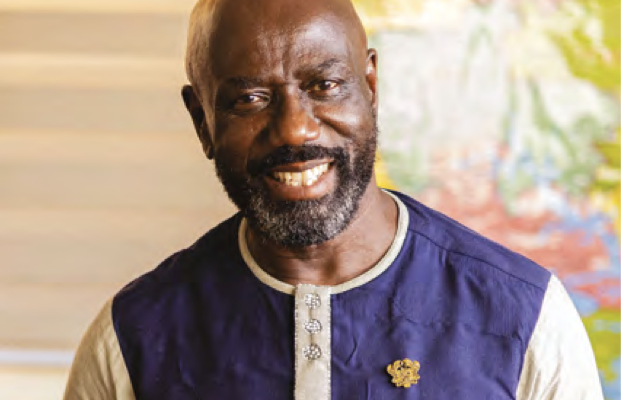
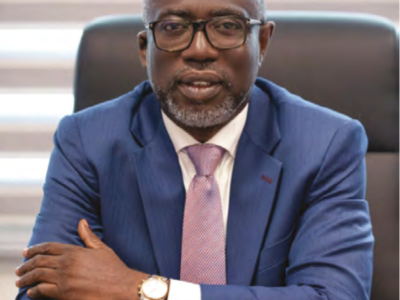
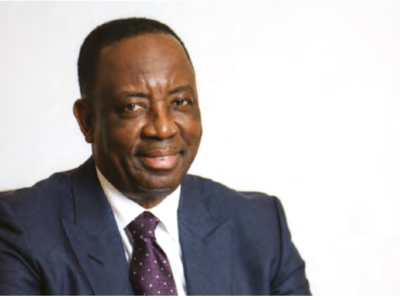
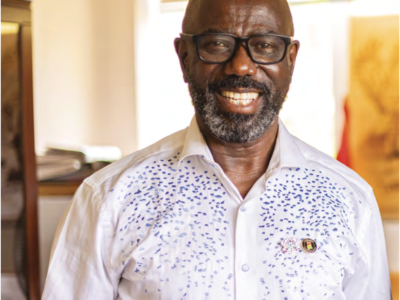
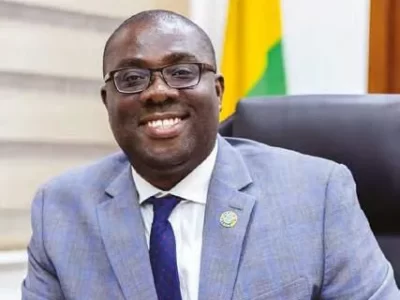

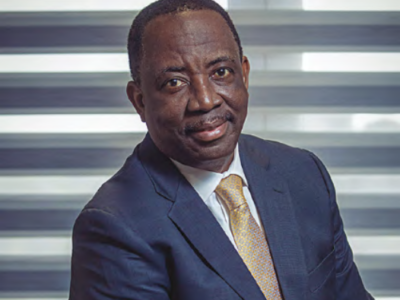
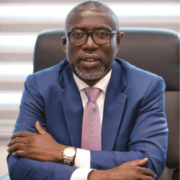
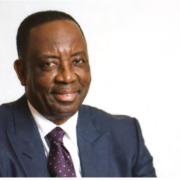
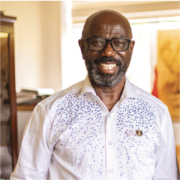
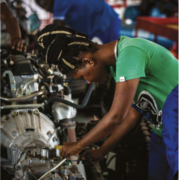
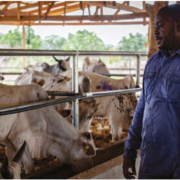
Comments